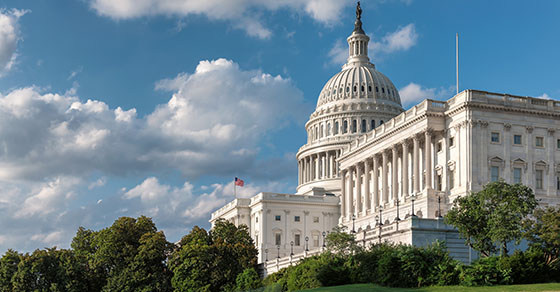The One Big Beautiful Bill Act (OBBBA) was signed into law on July 4. The new law includes a number of changes that will affect nonprofits, whether charities, private foundations, or health systems. Here’s a quick summary of some of the most important provisions.
Key Provisions Affecting Nonprofits
1. Changes to Charitable Giving Incentives
- Charitable Deduction for Nonitemizers: The final law increases the above-the-line charitable deduction to $1,000 for individuals and $2,000 for married couples filing jointly, available through 2028.
- Corporate Giving Limits: Corporations can deduct charitable contributions only if the total equals at least 1% of their taxable income, with a maximum deduction capped at 10% annually. This threshold may discourage charitable giving, particularly among smaller or less profitable businesses.
2. Excise Taxes on Private Foundations and University Endowments
- Private Foundations: The excise tax on net investment income for private foundations has been replaced by a tiered structure, with a top marginal rate of 10% for the largest foundations. Foundations with lower asset levels may see little or no change, but highly endowed foundations face a substantially increased excise tax burden
- University Endowments: The previous flat 1.4% excise tax on net investment income for private colleges and universities is replaced with a new rate structure of 1.4%, 4%, or 8%, depending on several variables, including the value of the endowment and the number of full-time students who meet certain other requirements.
3. Unrelated Business Income (UBI) and “Parking Tax”
- The final law does not reinstate the unpopular “parking tax.” Nonprofits will not be required to treat parking and transit benefits as unrelated business income, reversing the earlier proposal.
4. Executive Compensation Excise Tax
- Nonprofit Hospitals and Health Systems: The 21% excise tax on compensation over $1 million applies to all employees of tax-exempt organizations, not just the five highest-compensated individuals. However, compensation for medical services remains exempt, as in the original proposal.
What Nonprofits Should Do Now
- Review Compensation Structures: Ensure compliance with the expanded excise tax on high earners.
- Reassess Giving Campaigns: Leverage the expanded nonitemizer deduction to encourage broader donor participation.
- Monitor Medicaid and SNAP Impacts: Prepare for potential increases in service demand due to eligibility changes.
- Stay Informed: The IRS and Treasury are expected to issue guidance on implementation. Nonprofits should consult with advisors regularly.
The One Big Beautiful Bill Act (OBBBA) represents the most significant overhaul of nonprofit tax policy since 2017. In the coming months, the IRS will likely issue guidance on these and other provisions in the new law. We’ll keep you updated, but don’t hesitate to contact us for assistance.

